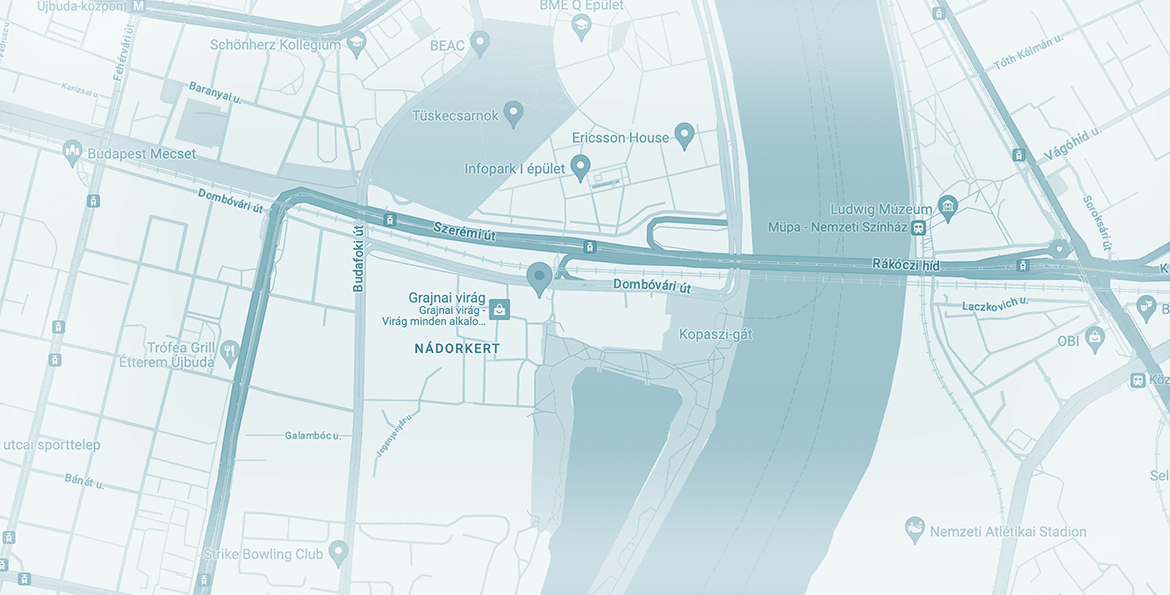
Exemption form work in Hungary
Labor law in Hungary is quite strict about how much time employees must be allowed to rest. They have at least 20 days of paid leave each year, and the law also defines reasons for exemption from work when the employee still gets paid.
Labor law in Hungary is quite strict about how much time employees must be allowed to rest. They have at least 20 days of paid leave each year, and the law also defines reasons for exemption from work when the employee still gets paid.
Work-life balance in Hungary
In Hungary, a full-time job means 40 hours a week. The length and number of required rest periods is regulated, during and between shifts as well as throughout each calendar year. You can learn about working hours and wage supplements here.
Paid time off or PTO is an integral part of the Hungarian Labor Code. Workers need regular time off to rest, to heal, and to take care of emergencies – without compromising their livelihood. Employees must take at least 20 days off from work as paid vacation days (or even more, depending on their age and some other factors). They also have sick leave for times when they cannot work because of their health, while there are various other cases when they might be granted exemption from work.
During paid time off, employees do not receive a salary but an “absence pay”. The Labor Code defines in which cases of work exemption employees qualify for an absence pay. In some cases, the employee cannot be expected to work, and cannot be punished for missing work either, but they will not receive an absence pay.
Reasons for exemption from work
Besides being on holiday or on sick leave, there are cases when employees must be granted exemption from work without repercussions and with an absence pay:
- mandatory health checkups
- blood donation (at least 4 hours / occasion)
- after the death of a close relative (“bereavement leave”: 2 working days)
- for attending educational programs (based on mutual agreement)
- when the employee must attend court hearings or other official hearings
- when the employee is preparing to adopt a child (10 working days / year)
- if the employee is a nursing mother, for the time they are nursing their children (number of hours / day depending on number and age of children)
- during a work-place investigation into whether the employee has failed to perform their duties or committed misconduct (at most 30 days)
Additional reasons
In some cases, the employee may receive exemption from work, but will not receive an absence pay:
- when they are undergoing treatment related to reproduction (e.g. IVF or artificial insemination)
- when they are on duty as a voluntary firefighter
- in case there is a family emergency
- in case a close family member needs personal care because of a health condition (at most 5 working days / year)
HR support and payroll administration
Every Hungarian company needs and accountant, but if you have employees in Hungary, it makes sense to work with someone that is also familiar with payroll related regulations, such as those related to PTO, including vacation days, sick leave, and other cases of exemption from work.
Helpers Finance specializes in working with small and medium sized companies in Hungary that have a foreign owner. When you work with us, you can expect expert payroll administration of employees as well as accounting, complimented with information about relevant rules whenever you need to learn more about them.
Was this article useful? Follow us on Facebook and never miss an update.
Contact
Get in touch today
Monday - Friday
9am - 5pm CET
Helpers Finance Kft.
Budapart Gate
Dombóvári út 27
Budapest 1117, Hungary
If you’re visiting us, please use entrance A and come to the 2nd floor.



